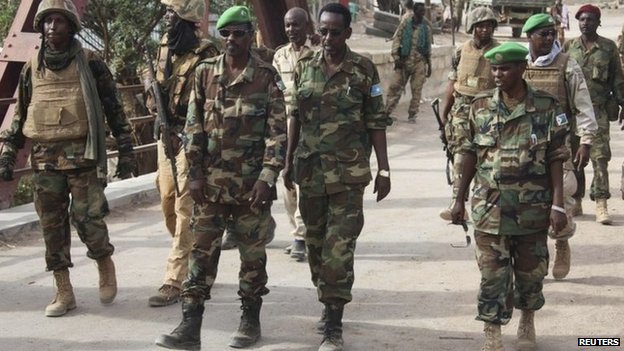By: Brandon R. Cottrell
Impunity Watch Reporter, North America
WASHINGTON, D.C., United States – The Senate Intelligence Committee voted last week to release parts of a four year long report that investigated CIA terror interrogations during the Bush administration.

The panel, which is comprised of fourteen members, had eleven members voting in favor of release and three members (Republican Senators Marco Rubio of Florida, Dan Coats of Indiana and Jim Risch of Idaho) voting against release of five hundred pages (out of six thousand total pages) of the report.
Though the report needs to be declassified, the release should still provide the fullest account of the enhanced interrogation techniques that were used. According to members of the intelligence community, however, the report will not paint a full picture as the underlying investigation “fail[ed] to include interviews from top spy agency officials who authorized or supervised the brutal interrogations.”
Senator Richard Burr, who voted in favor of releasing the report, believes that the report is “flawed and biased” but thought it important “to give the American people the opportunity to make their judgments.”
Amid concerns that the CIA will “sanitize key elements of their investigation” as they redact passages that could comprise national security, the White House reported that it would instruct intelligence officials to cooperate fully with the pending release.
Additionally, Dean Boyd, a CIA spokesman, said that the agency would “carry out the review expeditiously” and that “we owe it to the men and women directed to carry out this program to try and ensure that any historical account is accurate.”
Senator Dianne Feinstein, a California Democrat, stated that “”The purpose of this review was to uncover the facts behind the secret program and the results, I think, were shocking . . . the report exposes brutality that stands in sharp contrast to our values as a nation [and] it chronicles a stain on our history that must never be allowed to happen again. This is not what Americans do.” Feinstein has additionally stated that she hopes the report will be released to the public within thirty days.
Amnesty International issued a statement with similar sentiments, stating that “the interrogation techniques amount to torture and therefore violated international law” and that it wished the report would be released in full but acknowledged that “given the systematic failure of the U.S. authorities to declassify and disclose anything like the full truth . . . any transparency on them is a step in the right direction.”
The report accuses the CIA of overstating the significance of alleged terrorist plots and prisoners, and exaggerating the effectiveness of the program by claiming credit for information surrendered before they were subjected to the interrogations.
For further information, please see the following:
AP – Senate Panel Votes To Release CIA Torture Report – 3/April/14
New York Times – Senate Panel Votes To Reveal Report On C.I.A. Interrogations – 3/April/14
USA Today – Senate Panel Votes To Declassify Part Of CIA Report – 3/April/14
Washington Post – Senate Panel Votes To Release CIA Interrogation Report – 3/April/14




